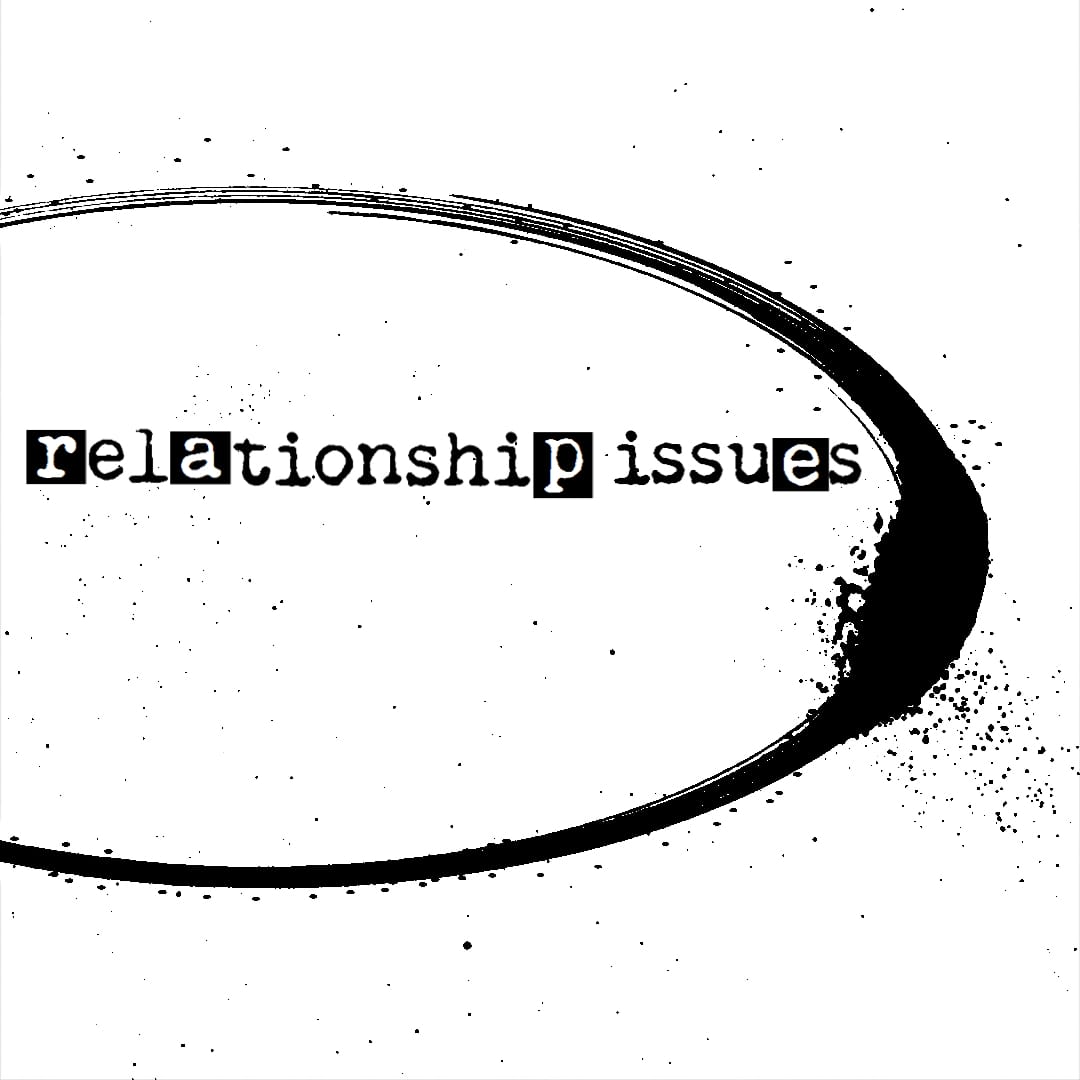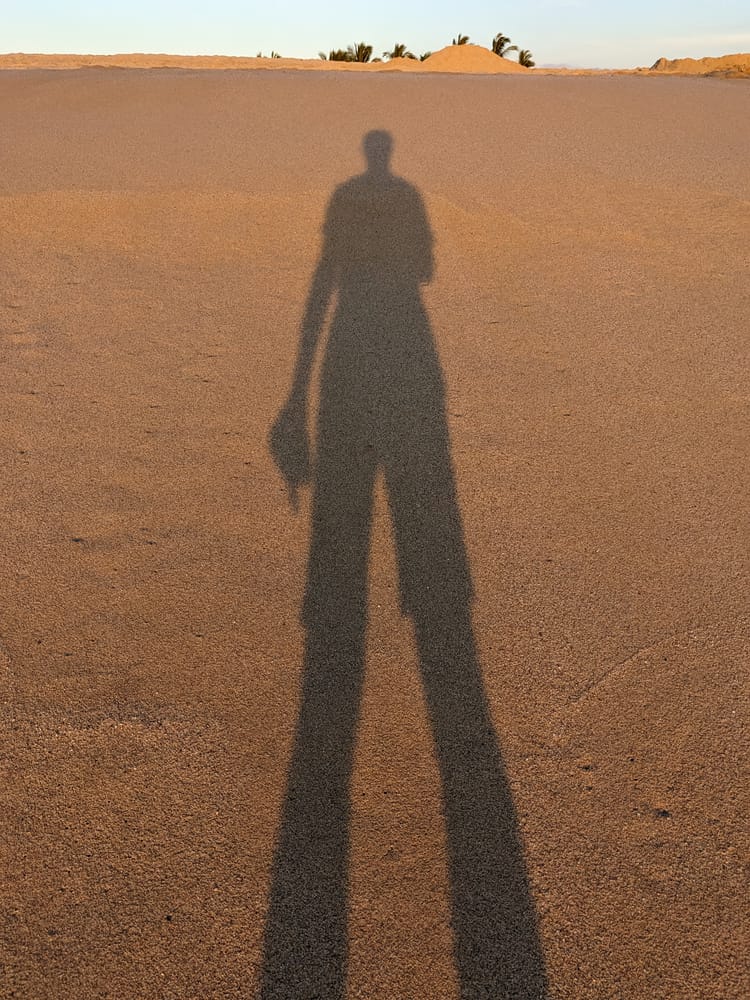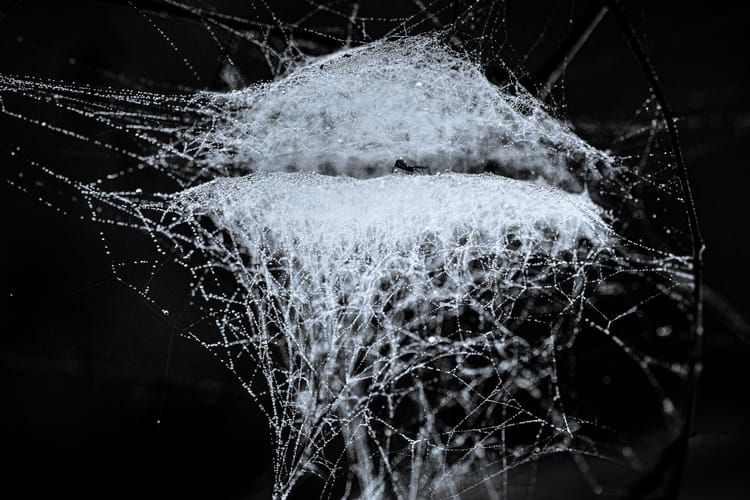3. Rowan Beckett Minor ~ the taste of words

confluence is a community founded to create new connections within and through haiku. We strive to inspire a deeper level of engagement and showcase the work of poets on the forefront of the form. By consistently pushing the boundaries of what we expect to read and encouraging other poets to do the same, our second Fellow has forged a heretofore uncharted path in contemporary haiku. In presenting us with crisp, evocative poems that sing themes such as sex, violence, politics, gender identity, climate change, and so much more, Rowan Beckett Minor has created space for content that was previously viewed as too polarizing and unpretty for haiku. To read Minor’s work is to be right there in the moment. We emerge different. Closer to the heart. And like all true leaders, they invite us to realize that we have a story of our own to tell.
-Aidan Castle, confluence co-editor
poems
bloody tongue
the taste of words
I refuse to say
Failed Haiku 17
cat scratch
another lie
about my scars
Prune Juice 22
erasing the stigma
I clean the dirt
from under my nails
Failed Haiku 34
summer the heat of his punch
Haiku Dialogue: monoku, August 21, 2019
exposing the stamen fuckboi
ant ant ant ant ant, 2020
netflix and the chill of his touch
Red Flags, 2020, Title IX Press

small town gossip
the preacher’s wife tells me
I’m dirty
Recycled Virgin, 2020, HUMAN/KIND Press
day moon
she prays away
my gay
Failed Haiku 58
binge eating a glutton for punishment
Failed Haiku 61
uprooting the racism family tree
Failed Haiku 62
honky-tonk
I wear my favorite
goth boots
Failed Haiku 68
karaoke bar—
the whiteness of my
Baby Got Back
Failed Haiku 68
speaking in tongues covfefe
The Bamboo Hut No. 2, 2021
the last to know
who I went home with
white girl wasted
Hot Girl Haiku 2021, Cuttlefish Books
genderless all my life in a whale’s carcass
Whiptail 6
by the hands of a cop corpse flower
Five Fleas, February 2023
how much am I worth endless stars
Frogpond, 46:2
pre-existing a lyric shifts the blue into
2023 Trailblazer Contest: Haiku, Long List
still born inside the after-black an ounce of moon
2023 Trailblazer Contest: Haiku, Winner
the rain heavy again considering sex work
Tsuri-doro 17
in recovery. . .
violet roots
outgrowing their jar
Tsuri-doro 17
inflation fading Barbie’s dreamhouse
Kingfisher 8
tree rings
this economy
ever failing
Modern Haiku 55
colonizing the half-mouth of a redwood’s hollow
Akitsu Quarterly Fall/Winter 2024
inkblots
the therapist finds
a darker shade of me
Mayfly 77
from swallow to tail a ghost town hosts the body before
2023 Trailblazer Contest: Tanka, Winner
Hot Girl Summer
Popping Xanax bars, snorting Morphine, chugging Johnny Bootleggers in the bathtub. When the guy I was fucking found fresh cuts on the inside of my ankle, he just handed me another pill.
more wild
than ever. . .
poppies
Impspired, June 21, 2021
essay
haiku & awareness
In order to understand contemporary Haiku, we must look at the history and evolution of the form. I spend most of my time reading whatever books I can get my hands on—anthologies, individual collections, and especially “how to” guides like Higginson’s The Haiku Handbook and The Japanese Haiku by Yasuda. I also read a lot about the history and translations of Haiku and other Japanese literature, such as books by Donald Keene and Mokoto Ueda. These have given me a rich understanding of Japanese short forms and a solid foundation for writing Haiku in English.
I have always agreed with Basho’s philosophy that “there is no topic unsuitable for Hokku” (or Haiku) and I hold to his practice that these poems should come from an authentic moment, no matter the subject. To me, poetry is a moment in life amplified and despite what some may think, each and every poem of mine is rooted in a true moment. When writing Haiku (and Senryu), I aim to put readers in my shoes. The goal is never to tell my audience how to feel, but to utilize Haiku/Senryu craft tools such as kigo, kire, toriawase, juxtaposition, wordplay, etc., to help them explore the depths of whatever emotion I felt during the specific moment in my poem. It is techniques like this that contribute to creating empathy, even between those who have lived the most opposite lives. When we, as a society, have an abundance of empathy, it becomes much easier to understand one another’s perspectives, regardless of relatability.
When used correctly, I believe that Haiku and Senryu can create systemic and societal change for the better. We all live different lives depending on age, race, ethnicity, gender identity, sexuality, and culture, and that originality can easily be amplified through our individual poetic voices. Religion, war, poverty, sex, climate change, equality, human rights, etc. all have a place in Haiku and Senryu. But, this also means that we cannot appropriate topical poetry for the sake of social consciousness, so that the poems don’t come off as awkward or insincere. True Haiku should come from a place of consistent awareness. It should come from fire in your belly and the very breath in your lungs. And when you allow Haiku to come from that place, your work can become not just Modern, but Revolutionary.
commentaries from Fellows
Vandana Parashar, Daniel Shank Cruz & Nicky Gutierrez
Vandana Parashar
I have known Rowan for many years and the paramount reason I wanted to join the #FemkuMag team was my deep admiration of their work. As is evident from the poems that have been featured here, their work is raw, visceral and resolutely honest. As they have said in their essay true haiku should come from “fire in your belly and the very breath in your lungs”, they follow it to the word. Their poems, with their stark language and honest imagery, carry a strong undertone of resilience and rebellion in the face of trauma, identity and constant societal judgement.
Violence in intimate relationships is a recurring theme in their poems.
summer the heat of his punch
The choice of words in this 6-word senryu packs a punch. The harshness and abruptness of the act leave the readers reeling with the effect. The use of “summer” and “heat” in this minimalist senryu conveys the feeling of suffocation and resignation as if such experiences are commonplace for the poet.
The theme of grappling with the societal norms about sexuality and gender identity also forms a major part of their work.
day moon
she prays away
my gay
I picture “she” as the mother, who for her reasons, can’t accept the child as they are. For her, the child being gay is unnatural and unsavoury. How traumatising it must be for the child to be not understood and scorned by their mother!
genderless all my life in a whale’s carcass
This extremely sensitive and sad senryu makes the reader feel the isolation and sense of being entrapped in a body that doesn’t align with one’s true gender identity.
Rowan has a sharp, critical take on socially relevant issues. They write about racism, capitalism and prejudices. Rowan has always been very vocal about mental health struggles. Their haibun portrays the cycle of substance abuse and self-harm and how their emotional pain is neither understood nor addressed. True to their belief that “when we, as a society, have an abundance of empathy, it becomes much easier to understand one another’s perspectives, regardless of relatability”, they sometimes use uncomfortable imagery to confront the readers with the brutal reality of people dealing with violence, mental health issues, sexual identity and various biases. Rowan refuses to be silenced about the experiences which are often buried beneath shame and stigma. Theirs is a voice that needs to be heard, absorbed and assimilated.
Daniel Shank Cruz
Rowan Beckett Minor’s revolutionary poetry is a tremendous inspiration for my own because of how incisively their poems examine a gamut of social issues without sacrificing aesthetic quality. Consider how the well-chosen natural images in two poems help amplify the poems’ political content. In “the rain heavy again considering sex work,” rain’s frequent association with sadness prepares us for the poem’s primary focus, “sex work,” and its relationship to economic exploitation. The poem calls readers to think about the need for more legal protections for sex workers, and more financial stability for all workers. This critique is also present in “tree rings / this economy / ever failing,” which uses its first line’s natural image in an unexpected way by rejecting tree rings’ usual association with aging in favor of a statement about deforestation, about capitalism’s exploitation of nature.
The economic concerns of the first two poems also occur in the senryu “inflation fading Barbie’s dreamhouse.” In addition to the poem’s documentation of how inflation makes it harder to achieve one’s material “dreams”—this word choice includes a repudiation of the “American Dream”—the reference to a plastic toy reminds us how our over-dependence on products of fossil fuels is killing the planet. Although these poems may seem bleak, they also imply that a better world is possible and urge us to seek it.
Nicky Gutierrez
Rowan Beckett Minor’s poetry does not shy away from what is considered “inappropriate topics.” In following the Japanese haiku masters, they write from their perspective a host of issues that many other poets do not engage with such as violence, politics, mental health, and sexuality. These things were not evaded in the masters’ times, and Minor reminds the reader that they should not be looked away from now. Minor does not write their poems to shock people but as an expression of the authentic self. Minor’s poetry is authentic and genuine making them powerful reads. In their sincerity, these poems force the reader to stop and engage the topic. Through word play and juxtaposition, Minor brings traditional images together with images that some would consider “inappropriate.” In Minor’s haiku, those boundaries are porous which allows the reader to see the connection between them to better understand the emotional weight that Minor is conveying through their work. Grounding their work in a real haiku moment, Minor brings an awareness to the reader of the “other” and invites them to enter into a perspective that they might have never known about or needed to hear.
Thank you so much for reading our second issue! We invite you to continue the conversation by using the "comment" button below to share your thoughts. Our next issue drops at the end of November, and will spotlight the voice of another fabulous Fellow!






Member discussion